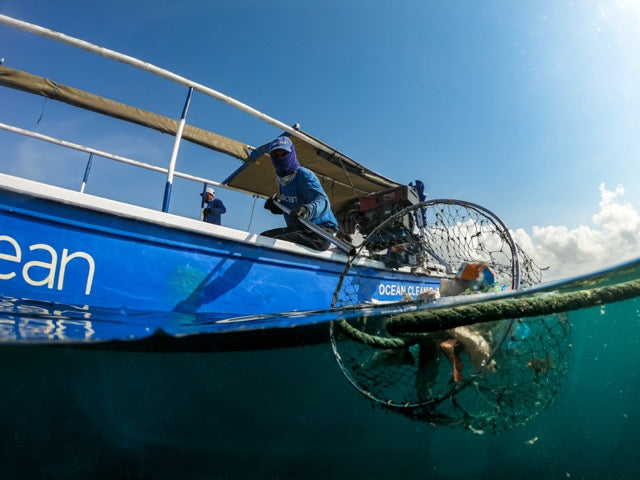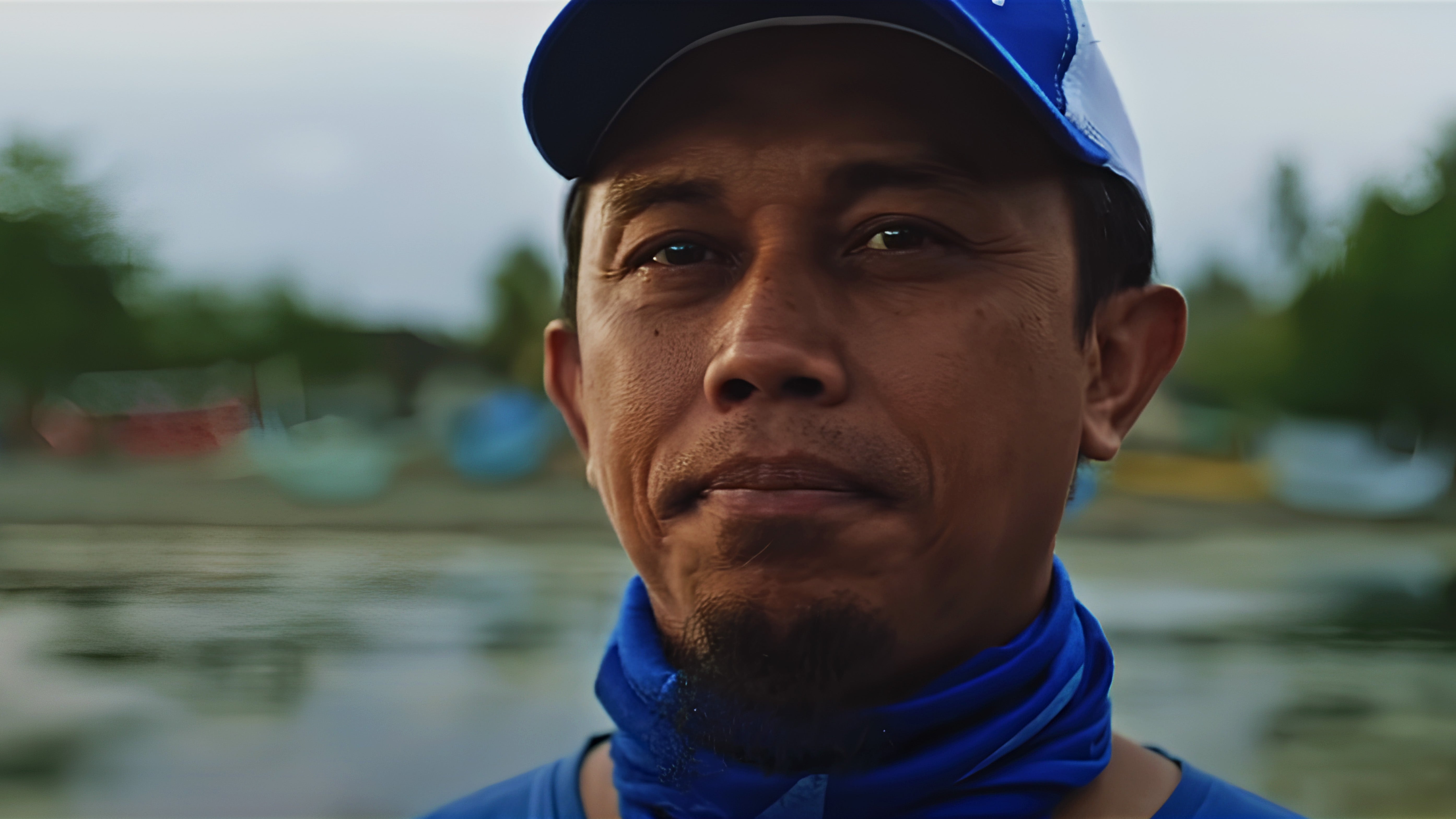5 MIN READ
3-14-2024
Crops
Suffer From
Plastic, Too
Crops Suffer
From Plastic, Too
Joshua Restauro, 4ocean Story Editor
Artana discovered that trash from the local markets had blocked his irrigation system.
Over 40 million farmers in Indonesia rely on the health and productivity of the country's landscape and soil for their livelihood. These farmers toil on a total of 7.4 million hectares of paddy fields to feed Indonesia's ever-growing population. Factors like soil pollution, plastic waste, and contaminated irrigation can make or break the food production value of such agricultural nations.Imade Artana, a farmer in East Java, is among the millions of Indonesians who depend on the soil health of their land to grow crops. In most cases, irrigation can determine the rice-growing capacity of farms.
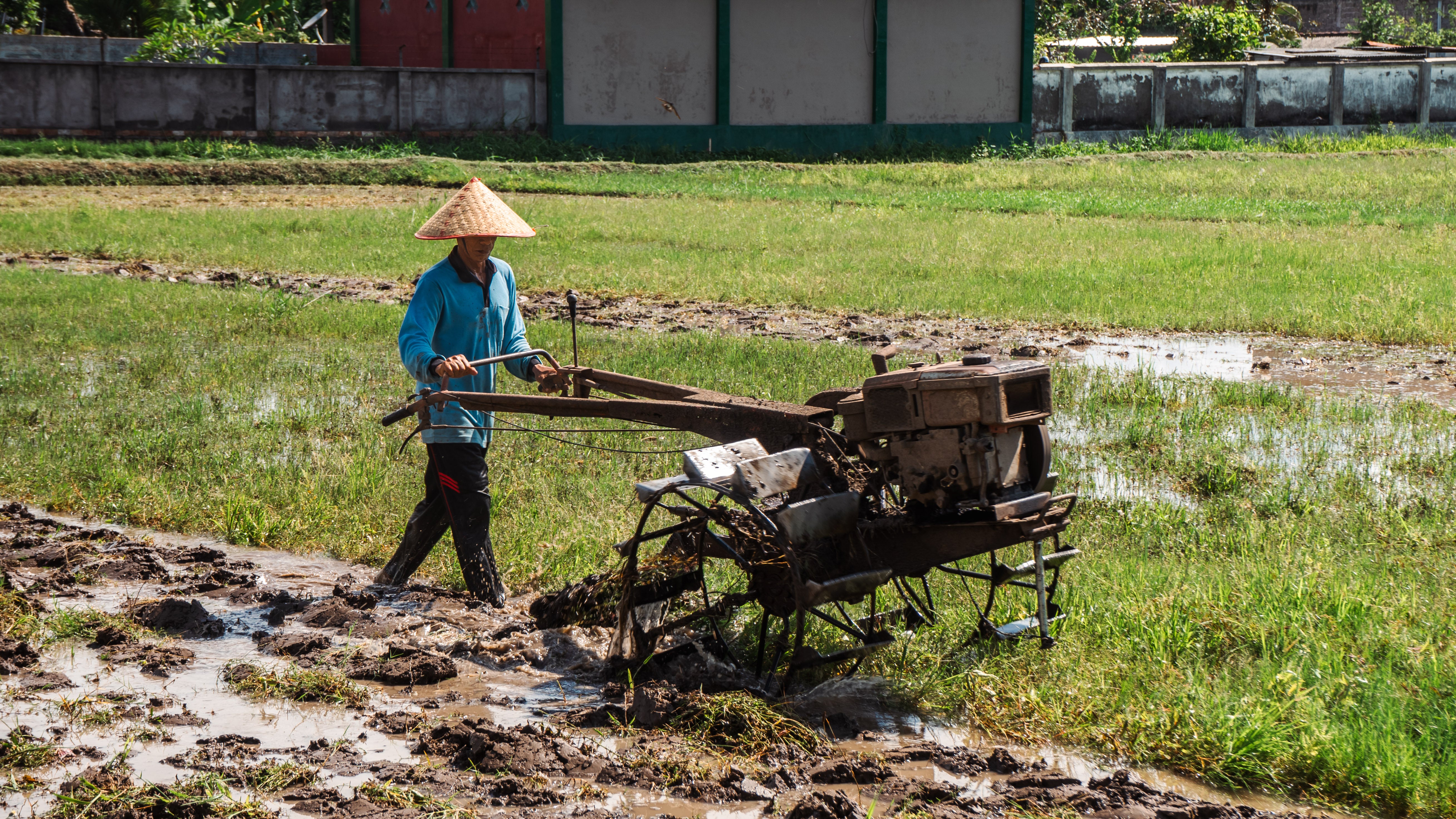
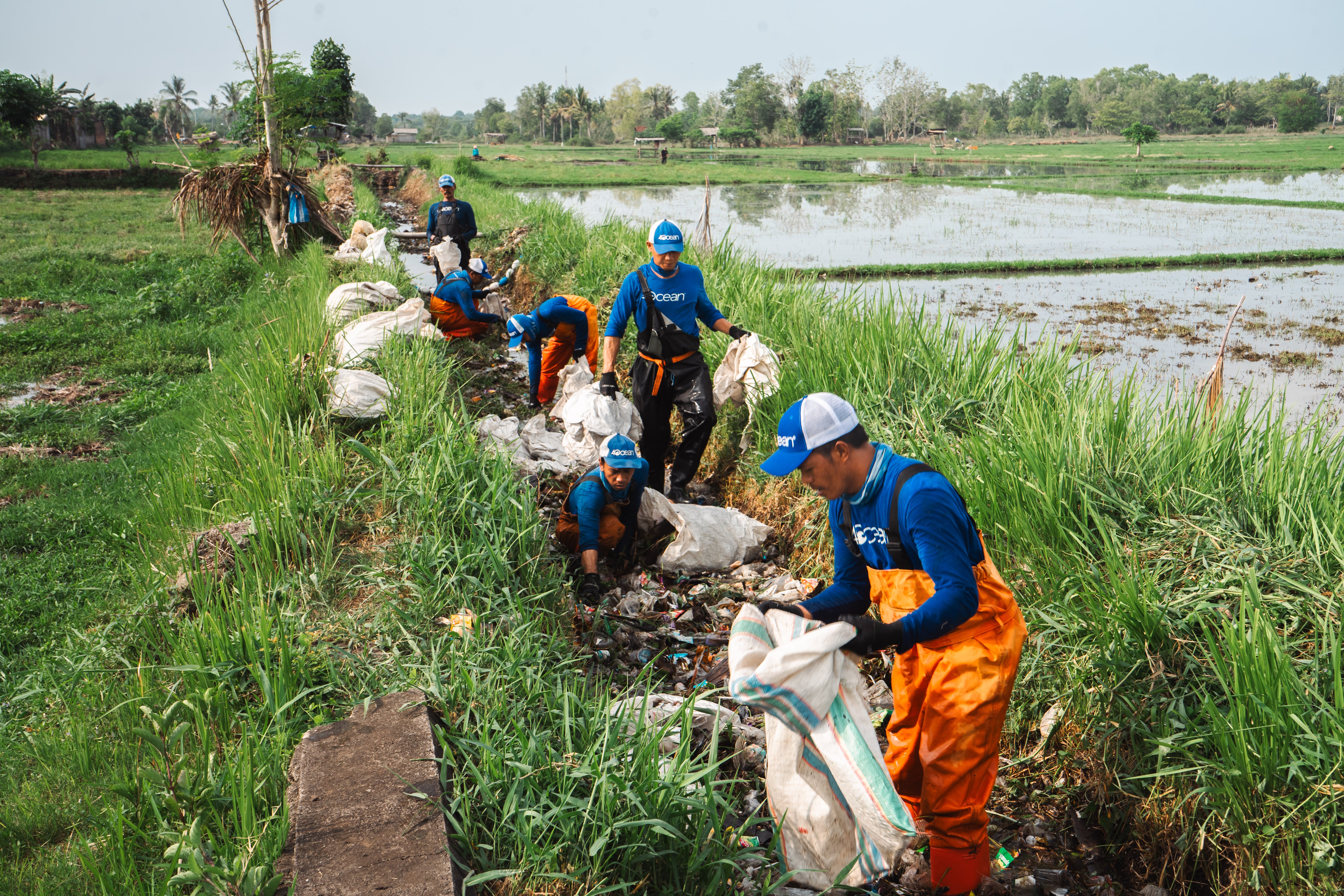
After a few days of heavy rain in January, Artana discovered that trash from the local markets had blocked his irrigation system. This unfortunate event drove him to contact 4ocean's crew member, Sudirman. In no time, 4ocean Indonesia's manager, Andi, mobilized the crew to help clear up plastic debris in Artana's farm. 4ocean eagerly got down to business and after hours of cleaning, they realized the severity of the situation. A whole day was not enough. The team needed to come back the next day for an additional round of clean up.
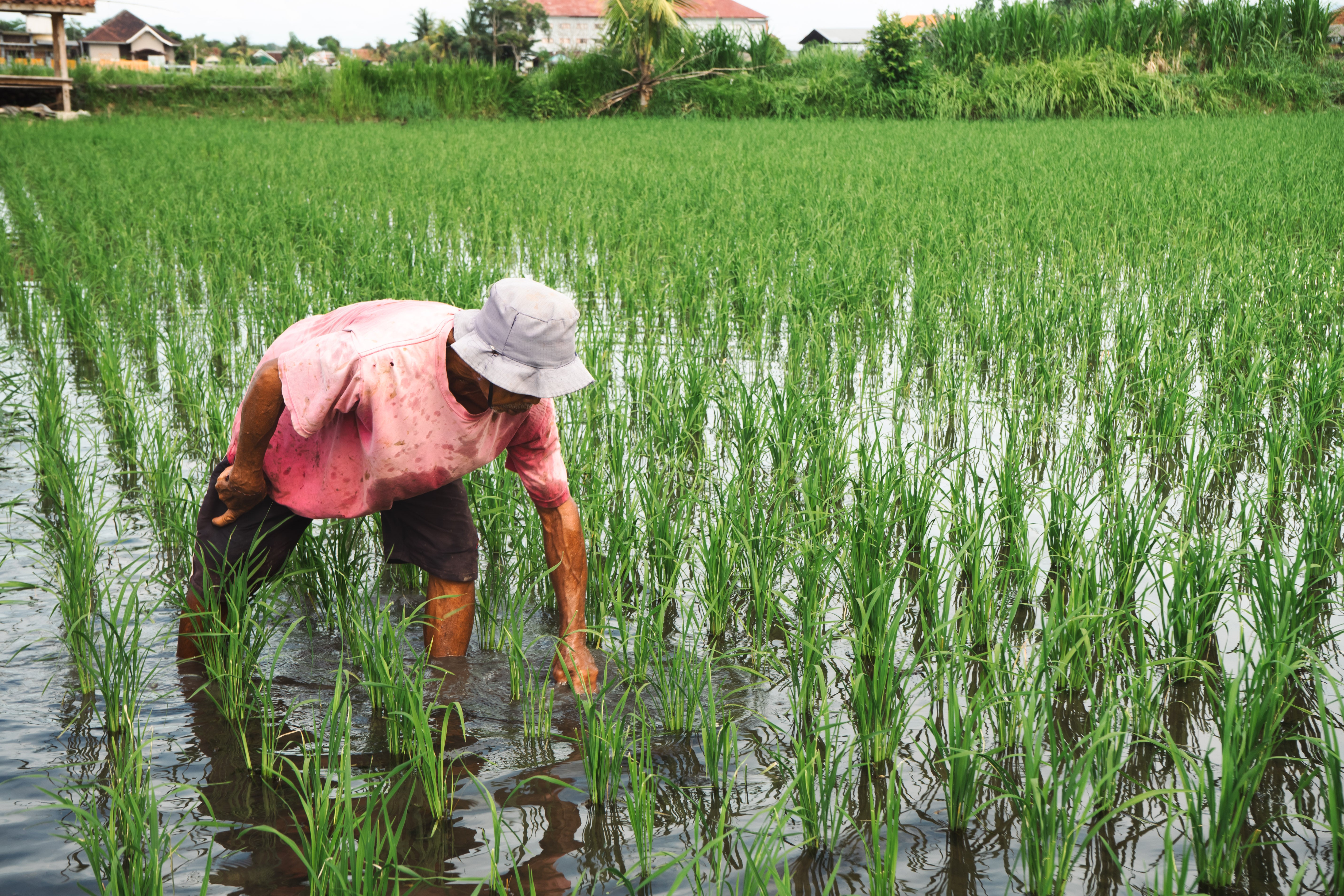
The plastic waste buildup completely dried the irrigation canals, preventing Artana's rice crops from properly absorbing water and nutrients. Trash-pollution disrupts the function of the irrigation canals and stunts plant growth. It also poses great health risk to the farmers and surrounding communities. Decaying waste can contaminate the soil, water source, and food crops with harmful chemicals. Livestock can also accidentally ingest trash while grazing on plants. The detrimental effects of pollution not just on the environment but also on the land economic value of Indonesia are understated. Farmers like Imade Artana suffer from crop losses at an increasing rate, while consumers feed on contaminated food and water.
Numerous practices have been proposed by local governments and NGOs to restore and conserve the biodiversity and soil fertility of arable lands in Indonesia. The 4ocean community has taken our own step to help protect the already exhausted agricultural areas of East Java and Bali from degradation due to plastic pollution. Our cleanup efforts extend beyond the retrieval of waste from the environment; we also support a thriving and resilient food production system where both farmers and consumers can enjoy a safe and secure food source for the present and the future.
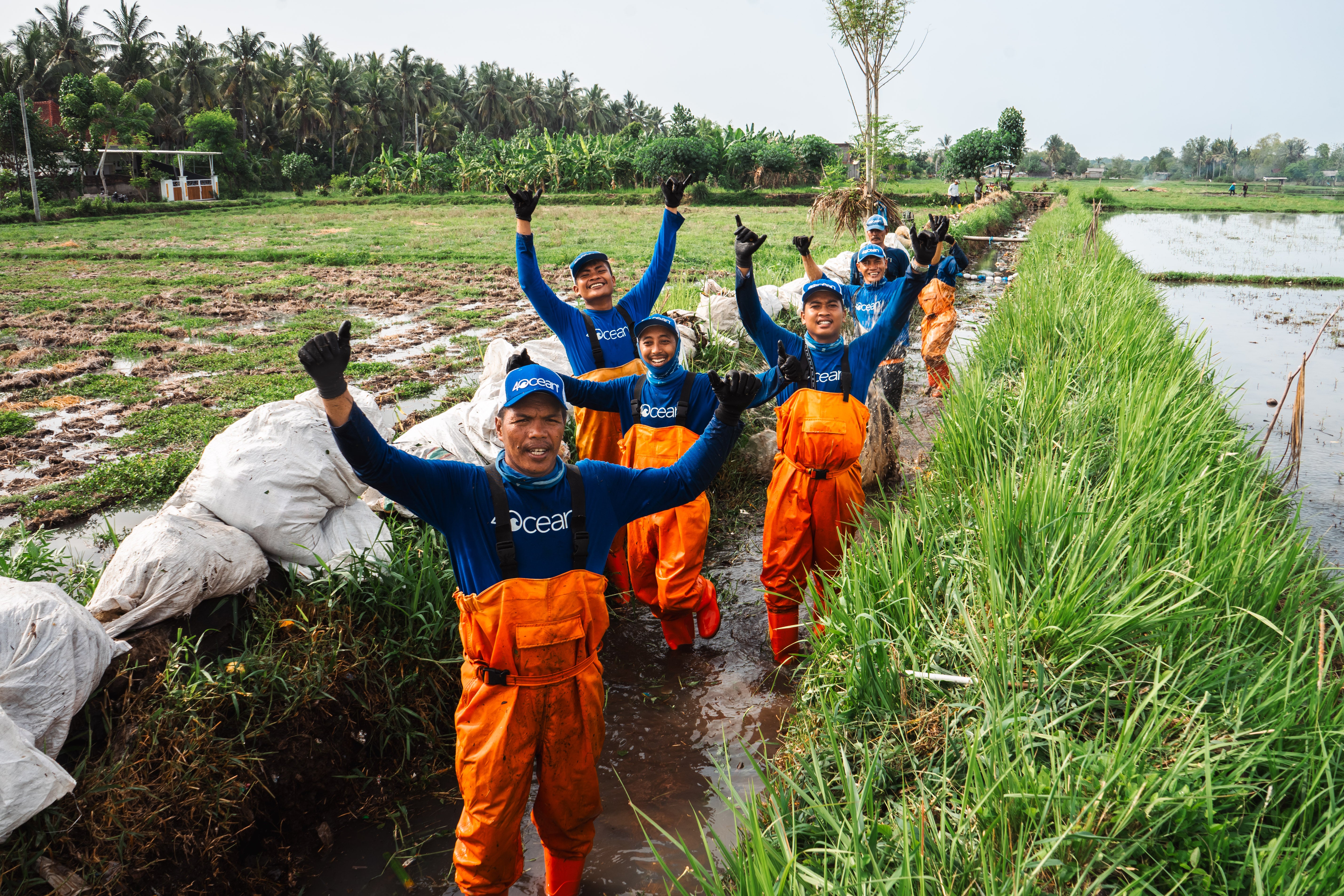
Artana's farm is a regular part of Sudirman's and the rest of the crew's daily route to 4ocean's facility. To help another member of the community has always been our commitment. The residents of Jembrana, knowing that 4ocean is one call away, have been inspired to take a more proactive attitude towards protecting and maintaining their environment.
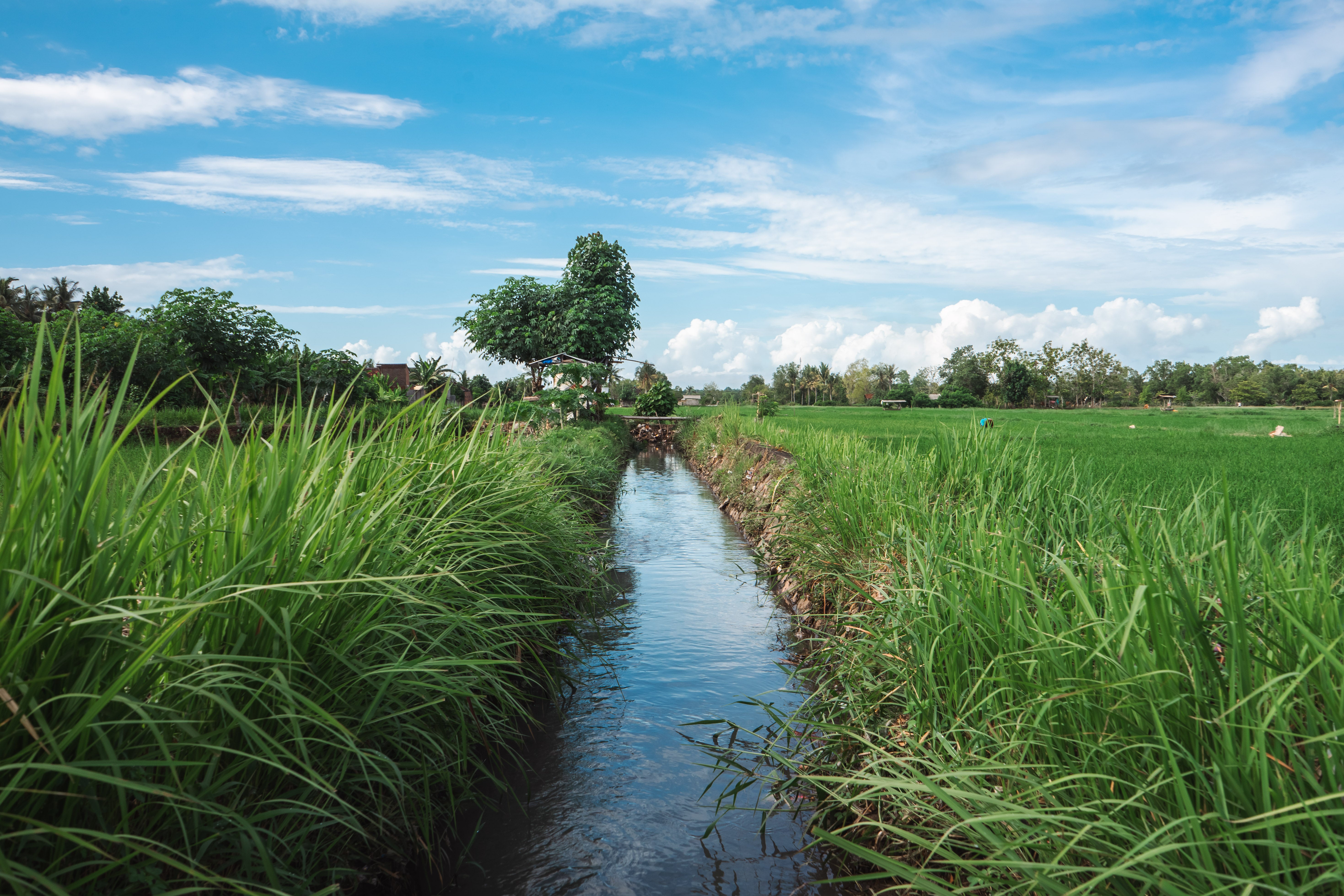
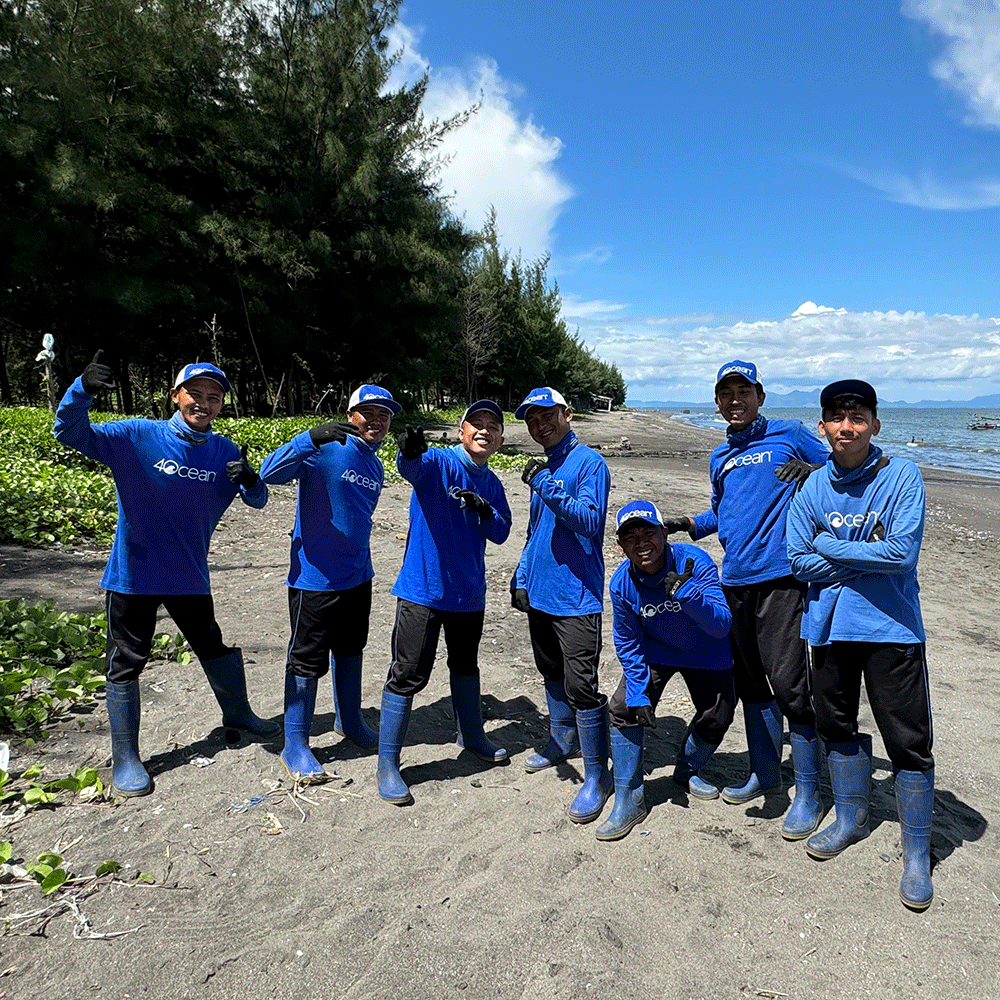
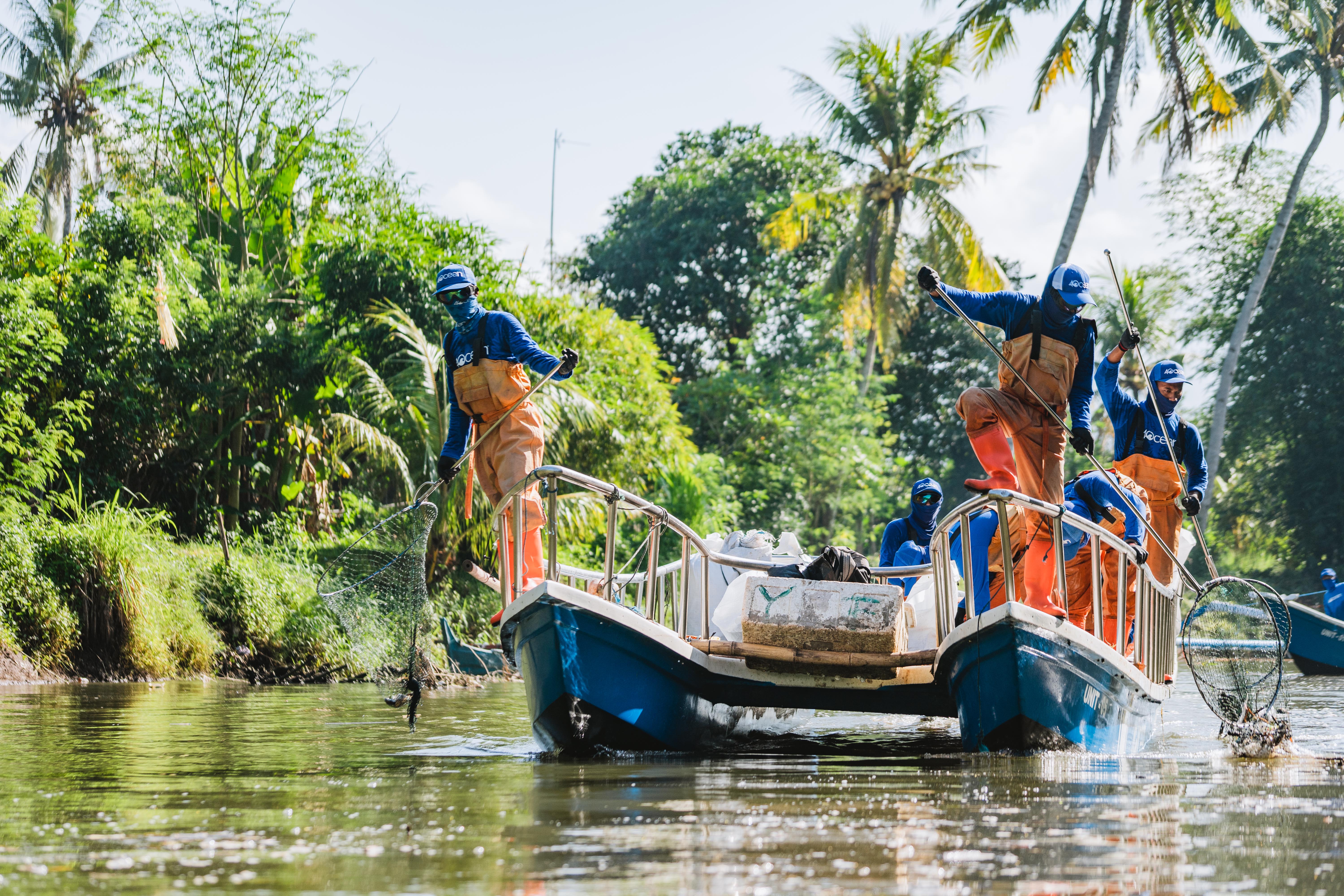
We’re always on the lookout for incredible stories from our community!
Pitch yours to our team at stories@4ocean.com
You May Also Like

